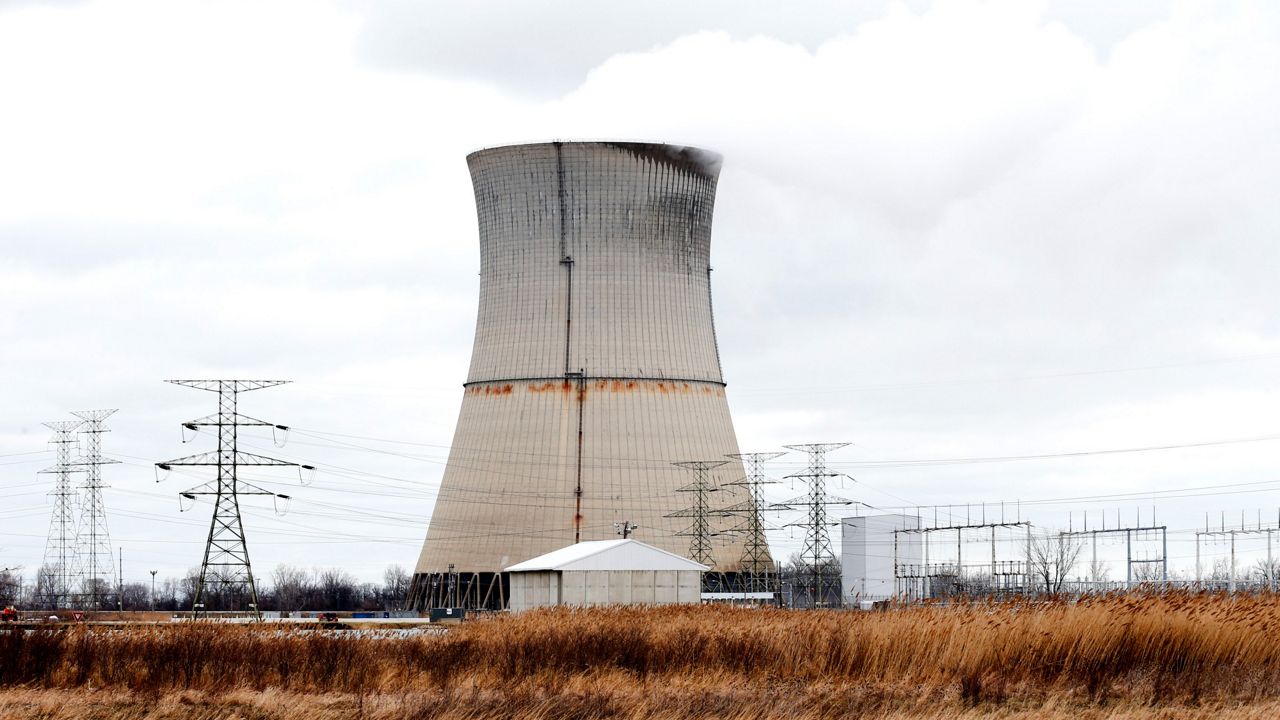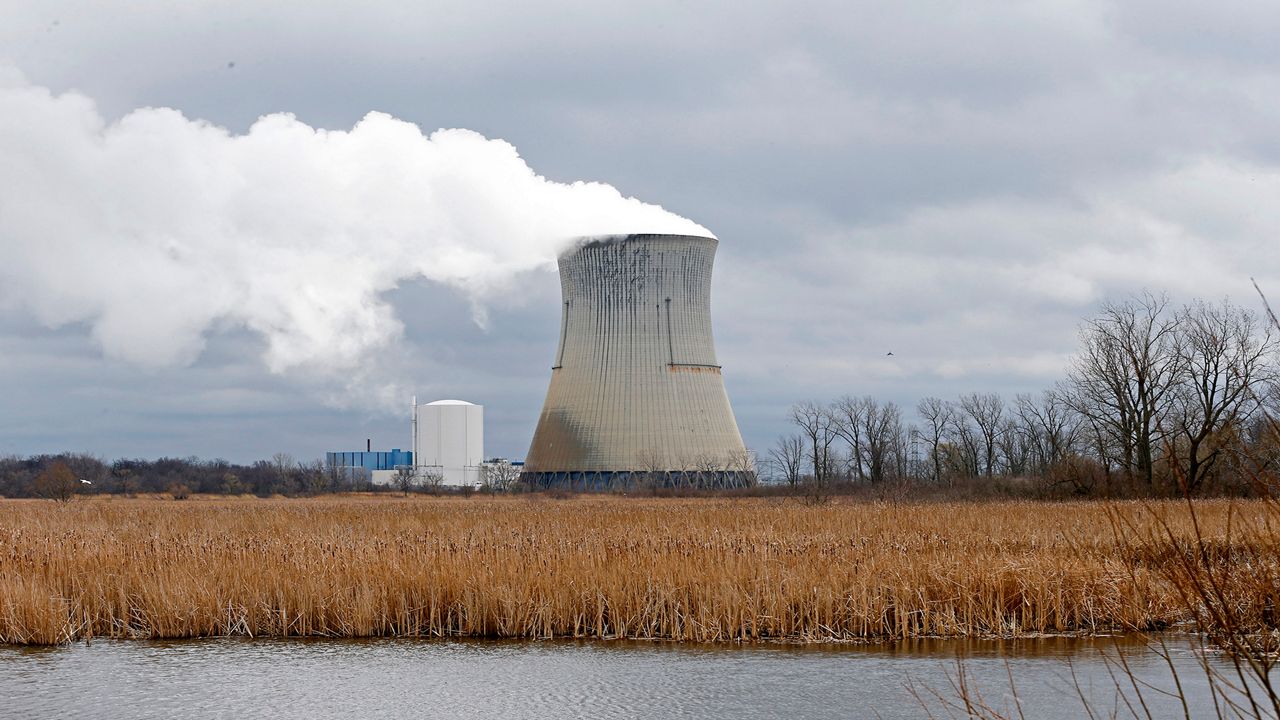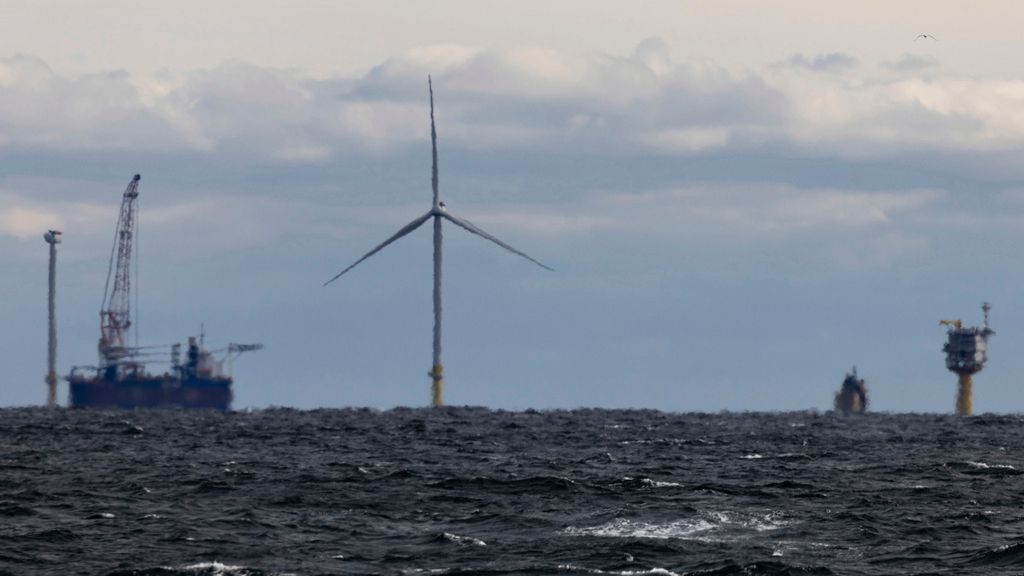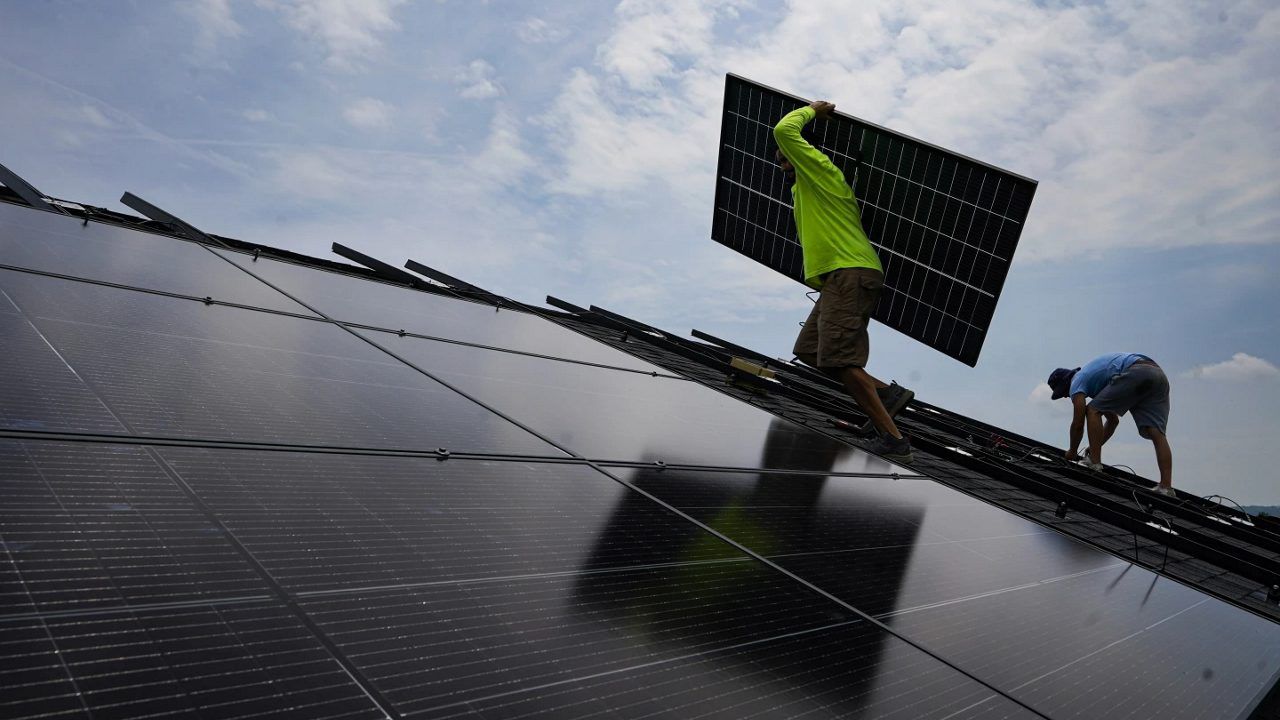Microplastics have now been found just about everywhere: every single human organ, in breast milk, in newborn babies, in clouds. According to the Guardian, microplastics have been found from deep in the Mariana Trench to the tip of Mount Everest.
It’s also suspected that they are causing problems with male fertility.
The public’s awareness around plastic pollution has increased along with its proliferation. The latest Siena College poll out earlier this month showed 82% of New York voters believe that single-use plastic packaging is a major or minor problem and 67% of voters support a bill that would reduce packaging by 50% over 12 years, including more than three-quarters of Democrats and a plurality of Republicans.
Here’s the question asked by the Siena Poll:
“A current proposal, the Packaging Reduction and Recycling Act, would require reductions in single-use plastic packaging and require larger companies rather than taxpayers to pay for the management and recycling of their packaging waste. Supporters say the bill would save tax dollars and make New York a leader in reducing plastic pollution. Opponents say the bill is too aggressive and it could adversely impact consumer choices and costs. Do you support or oppose the Packaging Reduction and Recycling Act?”
The bill in question, “The Packaging Reduction & Recycling Act,” sponsored by state Sen. Pete Harckham and Assemblymember Deborah Glick, would do four things: reduce the use of plastics packaging by 50% over 12 years; require companies that produce plastics to find a more sustainable option or pay a fee; give those fees to municipalities that run recycling facilities; and require that 19 toxic chemicals be phased out of packaging.
The bill is expansive, and so is opposition to it. Here’s the Business Council of New York State’s opposition memo.
The New York State Farm Bureau discussed opposition to the bill on Capital Tonight last week. Chemical and oil companies are against the bill because it doesn’t allow for chemical or advanced recycling. And there are other groups fighting the bill, some of which contribute to the campaigns of lawmakers who will be asked to vote on it, and who are up for reelection.
“We are up against a formidable coalition of groups. There’s a lot. And they make campaign contributions,” said Judith Enck, president of Beyond Plastics, a former EPA regional administrator and senior fellow and visiting faculty member at Bennington College.

But the bill, which has gone through some significant changes since it was first introduced last year, has significant support in all geographic areas of the state, according to Siena: 70% in New York City, 64% in the suburbs and 67% upstate.
Enck explained to Capital Tonight why she thinks the public is ready for this kind of change.
“It’s because the public is really concerned about plastic pollution and an election year is a good time for lawmakers to deliver something transformational and something so big,” she said. “Growing research shows that we have to do something, not recycle, but to reduce plastics.”
Will it be enough?
“We’ve got public support and facts. That should be enough,” said Enck.
Time will be a factor. The legislative session ends on June 6.










